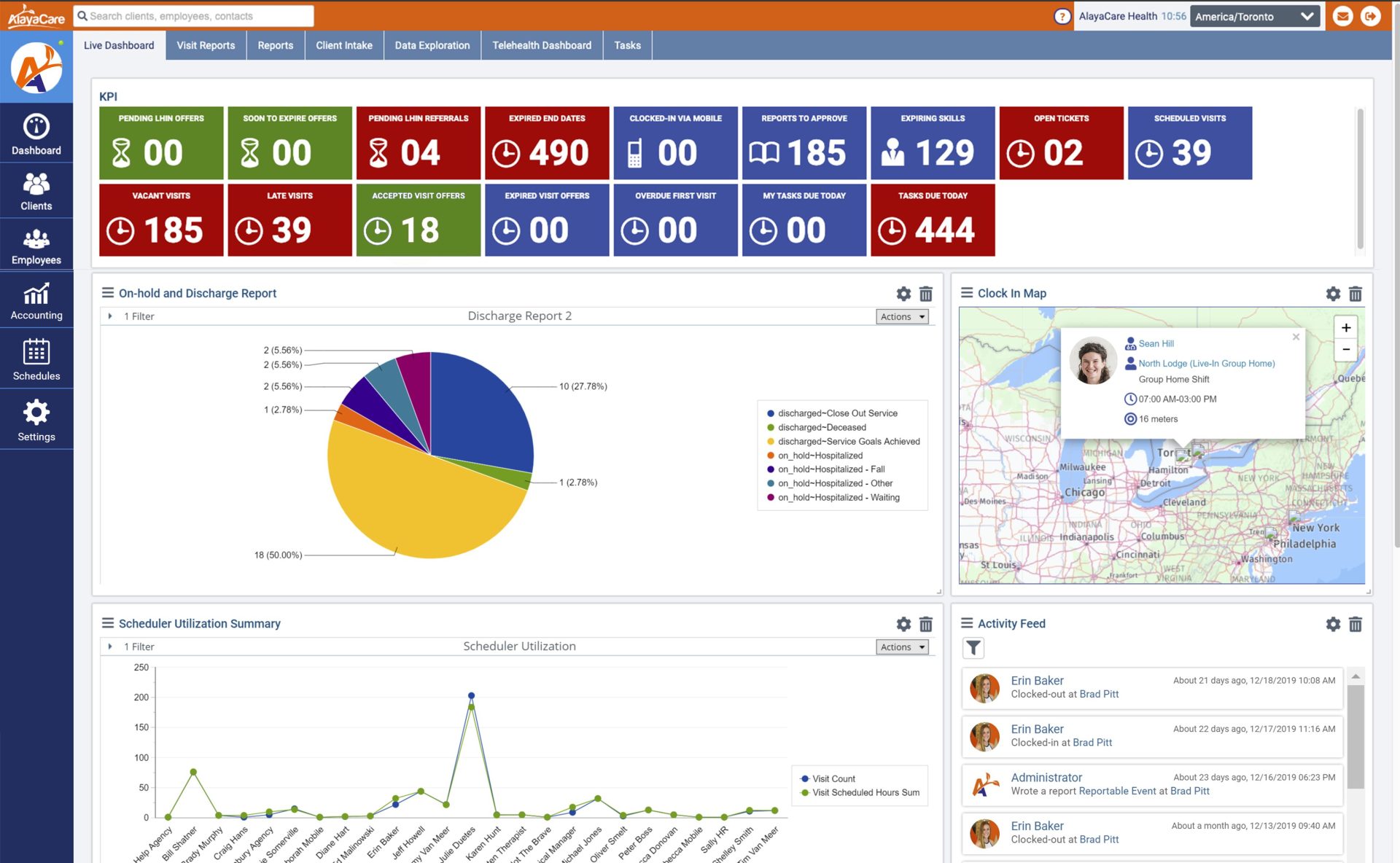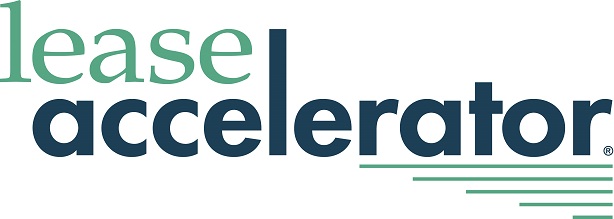AlayaCare extends its forms capabilities with Docmosis.
Background
AlayaCare is a market-leading provider of healthcare software. Its enterprise SaaS platform is designed to assist middle to large-scale home care agencies, in a variety of jurisdictions, manage all aspects of their business operations related to providing quality care to patients in the place they call home.
In 2014, CEO Adrian Schauer co-founded AlayaCare with the vision of building an innovative, cloud-based software solution that would replace the use of dated desktop tools, paper filing and manual processes used within the home healthcare industry.
Since then, the AlayaCare platform has evolved into an all-in-one, multi-tiered HIPPA compliant solution. It includes clever scheduling of mobile care workers, clinical documentation, e-health services and complete back-office functionality.
In recent years, AlayaCare has been featured in Startup 50 as one of Canada’s leading new growth companies. To date, the company has received in excess of $85 Million in funding from government and venture capitalist sources
AlayaCare’s success has largely come from partnering with leading technology companies. Through bringing innovative technology into the home care space with seamless, third-party integrations to its platform, AlayaCare continues to strengthen its market share.
In 2020, Alayacare has over 350 home care agencies using its software, spread across Canada, the Unites States and Australia/New Zealand.
- Quotes | Invoices
- Forms | Certificates
“Docmosis has been an instrumental part of our ability to enhance care plans and forms functionality within the AlayaCare Platform.”
The Problem
These days, care agencies are under increasing scrutiny to maintain detailed records to document the various services provided to their home patients. This transparent record-keeping is required to show compliance with industry regulations and is often mandatory to retain government funding.
As AlayaCare’s Partner Manager Aryn Gatto points out, “There is a multitude of clinical forms that care workers must complete during home visits to their patients.” These forms are then used in conjunction with comprehensive care and treatment plans to track the progress of home patients over time.
The AlayaCare team recognized an opportunity to address formatting and printing limitations, and improve upon existing forms and care plan functionality.
The significant challenge was how to accommodate an extensive and ever-increasing range of forms reqired by clients.
The significant challenge for them was how to accommodate an extensive and ever-increasing range of forms required by their clients.
As Aryn explains, “The content and layout of these forms can vary considerably by client, market, jurisdiction or vertical.”
The AlayaCare Product team was tasked with researching third-party, template-based, document generation products which would give clients the capability to configure their own forms and care plans.
The team knew they needed a highly scalable and flexible solution that could easily integrate into their existing platform.

The Solution
Towards the end of 2017, AlayaCare co-founder and VP of Product at that time, Neil Grunberg reached out to the Docmosis team with this viewpoint, “Looking at your company and product scope, I think we could accomplish a lot with your solution.”
The Product team was seeking a solution that would take into account the security of patients’ medical records, as well as scalability and flexibility. This led the team to focus on the on-premise, licensed version of Docmosis Tornado.
As Neil explains, “We really like the Docmosis model where we can host on our own servers, as it makes for an easier discussion with our clients regarding their clients’ health records.”
In early 2019, AlayaCare’s Clinical Product Lead conducted an extended trial of Docmosis Tornado with input from the Technical team.
It had already been decided that the Product team would be largely responsible for building any templates required by clients. Ease of use, ability to scale and flexible formatting features were all aspects considered during the evaluation process.
In regards to flexibility, Aryn refers to the Product team’s desire for logic and structure to build flexible templates that could cater for the preferences of different clients. Not only did the team require conditional logic and dynamic tables, but also the scope to insert relevant photos, diagrams, checkboxes, drawings and signatures into completed forms and care plans.
“Docmosis was found to have the functionalities and features that aligned with our needs,” says Aryn.
The decision was made to purchase the Enterprise edition of Docmosis Tornado based on the scale of AlayaCare’s operations.
In August 2019, the technical team successfully deployed Docmosis to production with two to four instances of Tornado setup for each of their major regions; Canada, the United States, and Australia.
As the AlayaCare Product team explains, “Each one of these instances is behind another web service that does the template management and authentication.”
This setup enables AlayaCare to run Docmosis in a fully stateless manner, allowing new templates to be created on-demand without the need for them to be manually added to the system.
Whilst evaluation to deployment took close to six months due to the work coinciding with other initiatives, the team took approximately three months in real-time from initial learning to adoption of the Docmosis solution.

The Result
Aryn is clear regarding the value that AlayaCare has derived from using Docmosis as their document generation software. “Docmosis has been an instrumental part of our ability to enhance care plans and forms functionality within the AlayaCare platform.”
As Aryn explains, forms are such an important part of their solution, with a recent check revealing 3.1 million forms have been completed through the AlayaCare platform. Aryn acknowledges that the Docmosis extension to their forms capability has allowed AlayaCare to cater to broader markets by meeting their special requirements for forms.
“Prospective clients often come to us with a physical form and say ‘we need something like this…’,” explains Aryn, “the goal is then to have our Product and Technical teams work together to design a template which will match this form.”
Whilst the product/UX teams determine the format and structure of the template, the technical teams implement the logic within the template such as the addition of conditional fields and dynamic tables with repeating rows.
The significant benefit from being able to respond quickly to new form requirements has already been realised with AlayaCare’s recent uptake of clients in the Home Infusion space.
As Aryn points out, Docmosis is now used to generate the detailed infusion forms that nurses use to record patients’ vitals when drugs are administered to them intravenously within their homes.
Aside from extending their forms capability, Docmosis has proved valuable in enabling AlayaCare to develop customer-defined templates for care plans and care charts.
More recently, Docmosis has been helpful in allowing the AlayaCare team to create customized invoices which have overcome some of the previous formatting limitations within their invoicing module.
Going forward, the team plans to expand upon their use of Docmosis within the AlayaCare platform. As Aryn concludes, “Docmosis has aligned very well with our need to scale and support the evolution of our product and the expanding requirements of our clients across the globe.”







